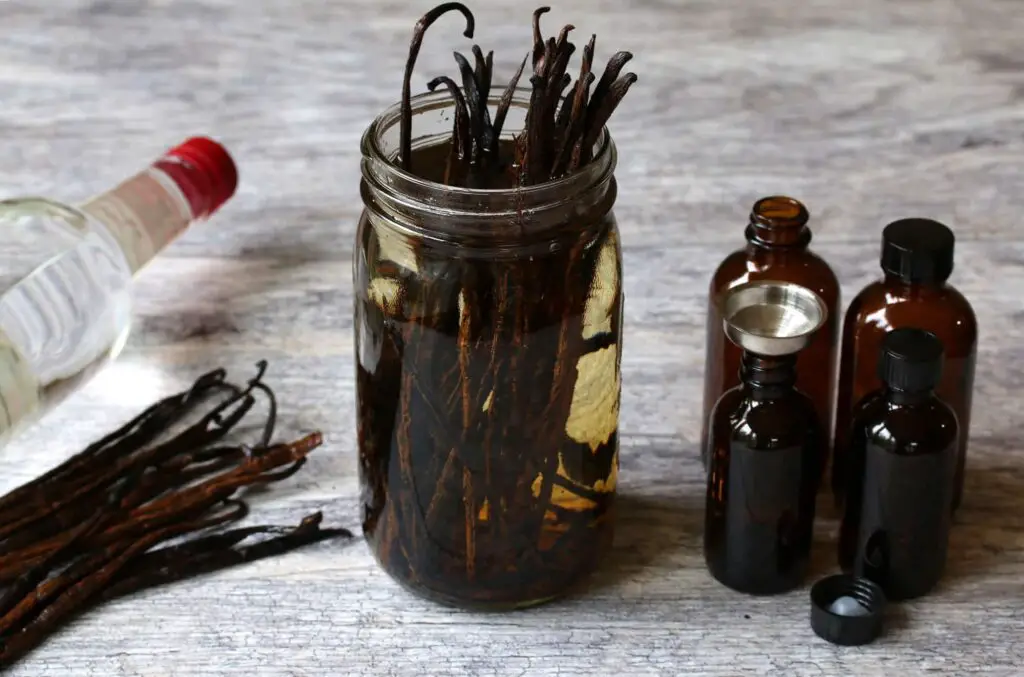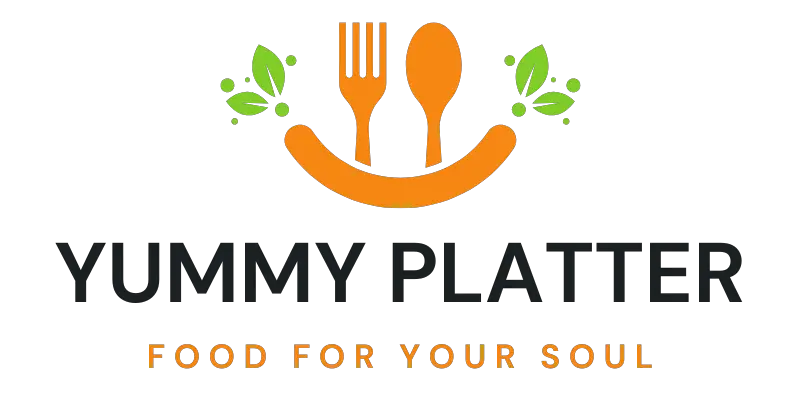The question of whether vanilla extract is halal has sparked considerable discussion and inquiry among Muslims worldwide. Halal, meaning permissible or lawful in Arabic, extends beyond dietary consumption to encompass various aspects of life, including food ingredients and processing methods.
Vanilla extract, a common flavoring agent derived from vanilla beans, has become a subject of dilemma due to its production process and potential alcohol content. This article dives into the intricacies of vanilla extract, examining its ingredients, manufacturing techniques, and adherence to Islamic dietary guidelines. By shedding light on this topic, we aim to provide clarity for individuals navigating the complexities of halal consumption in their daily lives.
What is Vanilla extract vs Vanilla essence?
Vanilla extract is a liquid made by soaking vanilla beans in alcohol and water. It’s used to add flavor to foods and drinks, giving them a sweet, vanilla taste. The extract contains compounds from the vanilla beans that create the characteristic flavor and aroma. It’s commonly used in baking recipes, desserts, and sometimes in savory dishes to enhance their taste.
Vanilla essence is a flavoring made from synthetic vanilla flavorings or natural vanilla extracts. It’s used to give foods and drinks a sweet, vanilla taste, similar to vanilla extract. However, unlike vanilla extract, which is made by soaking vanilla beans in alcohol and water, vanilla essence is typically made using artificial or synthetic flavors. It’s commonly used in baking, desserts, and beverages to add a hint of vanilla flavor.
What ingredients are used in Vanilla extract?
Vanilla extract is made with just a few simple ingredients:
Vanilla beans – These are long, thin pods from the vanilla orchid plant, containing tiny seeds inside. Alcohol – Typically, ethyl alcohol is used to extract the flavor from the vanilla beans. Water – A small amount of water is often mixed with the alcohol to dilute it.
How vanilla extract is being made? (Is Vanilla Extract Halal?)

When a manufacturing company makes vanilla extract, the process is a bit more sophisticated but still follows the basic principles. Here’s a simplified, step-by-step explanation:
- Gather Premium Vanilla Beans: The business begins by obtaining premium vanilla beans from growers. They search for beans with a lot of flavor and fragrance.
- Prepare the Vanilla Beans: After giving the beans a thorough cleaning, employees utilize machinery to split them apart. This reveals the flavor-containing seeds and the inside of the beans.
- Soak the Beans in Water and Alcohol: The split vanilla beans are put into big vats or other storage spaces. The company then fills these vats with a concoction of water and alcohol. The recipe and guidelines they adhere to determine the precise ratios of alcohol and water.
- Extract the Flavor: The beans soak in the alcohol-water mixture for several months. During this time, the flavor from the beans infuses into the liquid. Companies often use special equipment to mix or agitate the beans to ensure the flavor extracts evenly.
- Filter the Mixture: Following the soaking time, the liquid is filtered to get rid of any remaining pollutants and the solid portions of the beans. In order to ensure that the extract is clear, this procedure may be repeated several times.
- Test the Quality: Quality control technicians test the vanilla extract to make sure it meets the company’s standards for flavor, aroma, and strength.
- Concentrate the Extract (if necessary): Some companies might concentrate the extract by removing some of the alcohol and water. This creates a stronger vanilla flavor.
- Package the Extract: Following completion, the vanilla extract is put into bottles. These might be big containers for commercial or industrial use, or they can be little bottles for use at home.
- Label and Ship: Finally, the bottles are labeled with the product information and shipped out to stores or directly to customers.
Also Read: Is Shake Shack Halal?
Does alcohol indicate haram? From the Islamic perspective
It is technically required to utilize alcohol as a processing aid for vanilla extract. The final product is greatly influenced by the type, ratio, and use of alcohol in the manufacturing process. It is debatable how much alcohol remains in the residual liquid because most alcohol evaporates due to the high processing temperature, even with the use of hard liquor or ethyl alcohol. However, there are alternatives, such as alcohol-free vanilla extract, for people who are uncomfortable with even a hint of alcohol. Because alcohol alternatives are used in the processing of these items, the vanilla flavor is preserved without violating Islamic dietary guidelines.
The Islamic Organization for Medical Sciences and the Nutrition Council of America have said that ‘Vanilla extract contains a small quantity of alcohol, but it is safe and won’t make you intoxicated. It is necessary for extracting vanilla flavor in its purest form, a procedure driven more by technical considerations than by dietary requirements.
Despite being connected to alcoholic drinks, ethyl alcohol is not regarded as unclean in Islamic law. It is crucial to consider the kind and proportion of alcohol used in food production. Food items are not considered haram if they do not result in intoxication or if any traces of alcohol are eliminated during processing.
So is it halal then?
A well-known scholar emphasized that if a substance contains just a small amount of alcohol and doesn’t lead to intoxication, it is not considered haram. Therefore it is permitted to consume as part of a halal diet. Based on the research and the guidance of well-known Islamic Scholars, we have determined that goods that are not derived from alcoholic beverages and have less than 0.1% alcohol content can be designated as halal. In other words, the alcohol cannot be any consumable alcoholic beverage, such as wine, beer, hard liquor, etc. For technological reasons, the food sector can only employ alcohol as a processing aid.
Conclusion
In conclusion, vanilla extract is considered halal. This determination comes from careful analysis of its production process and ingredients, ensuring it aligns with halal dietary guidelines. Consumers adhering to a halal diet can confidently include vanilla extract in their culinary creations, knowing it meets the required standards.










Leave a reply